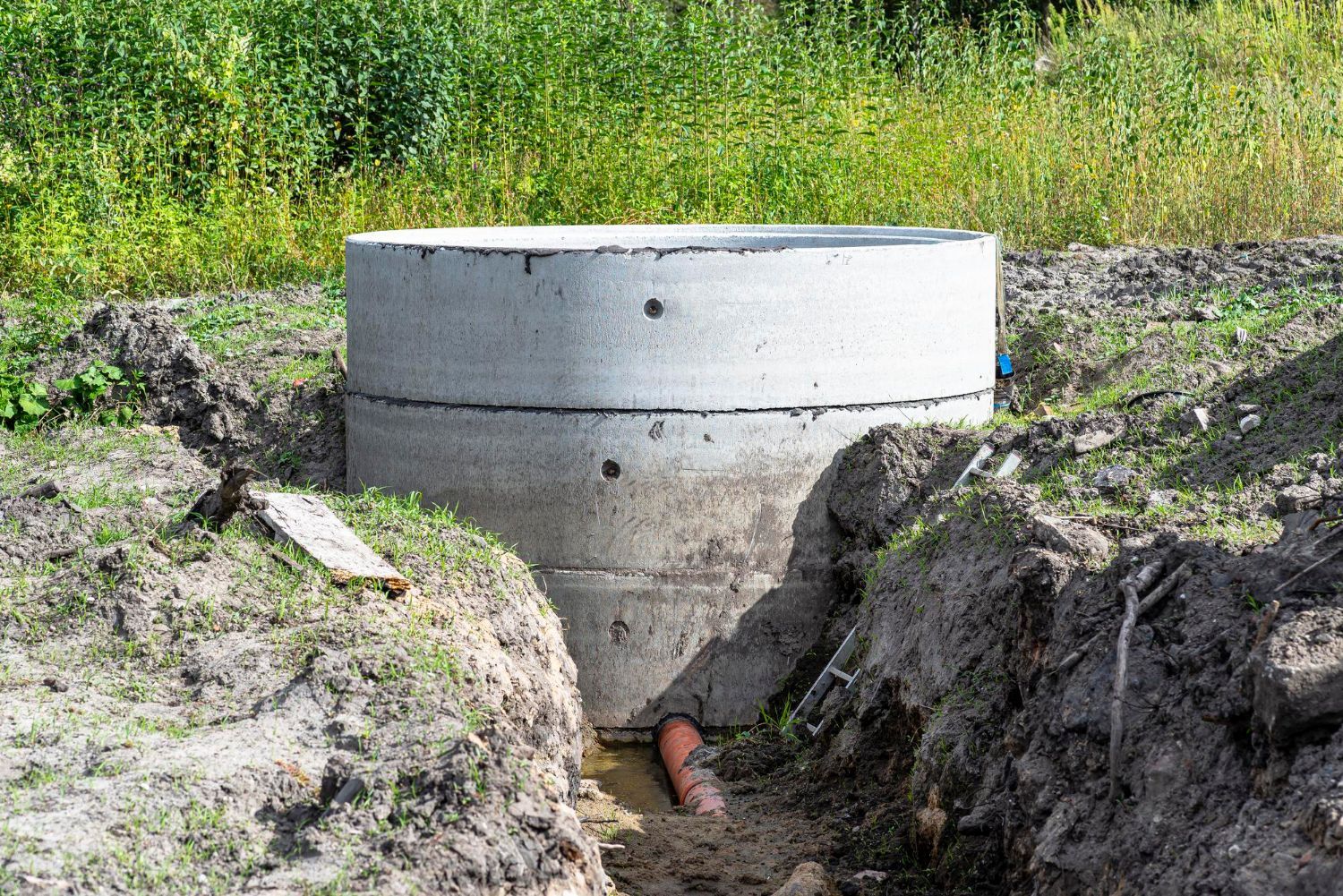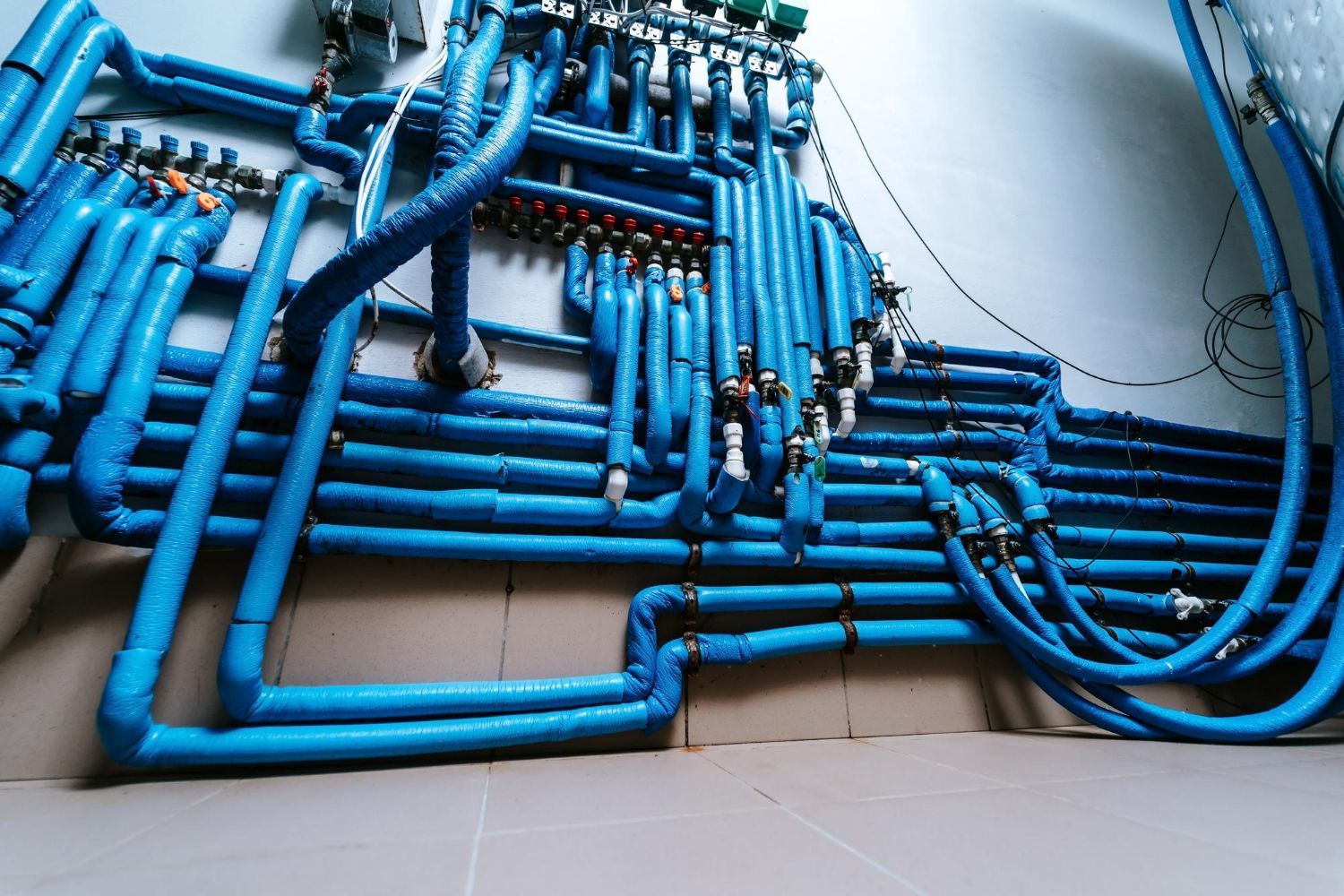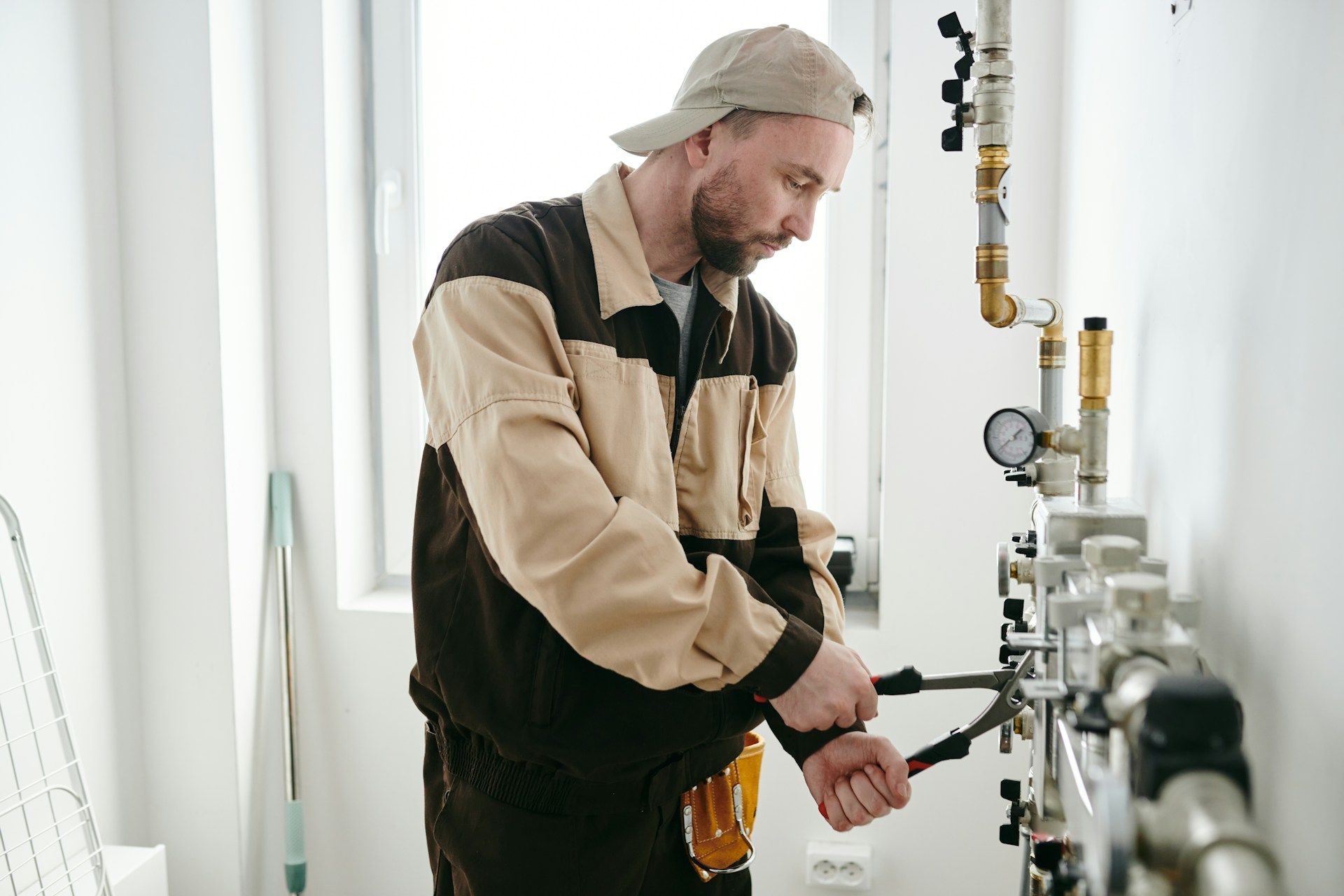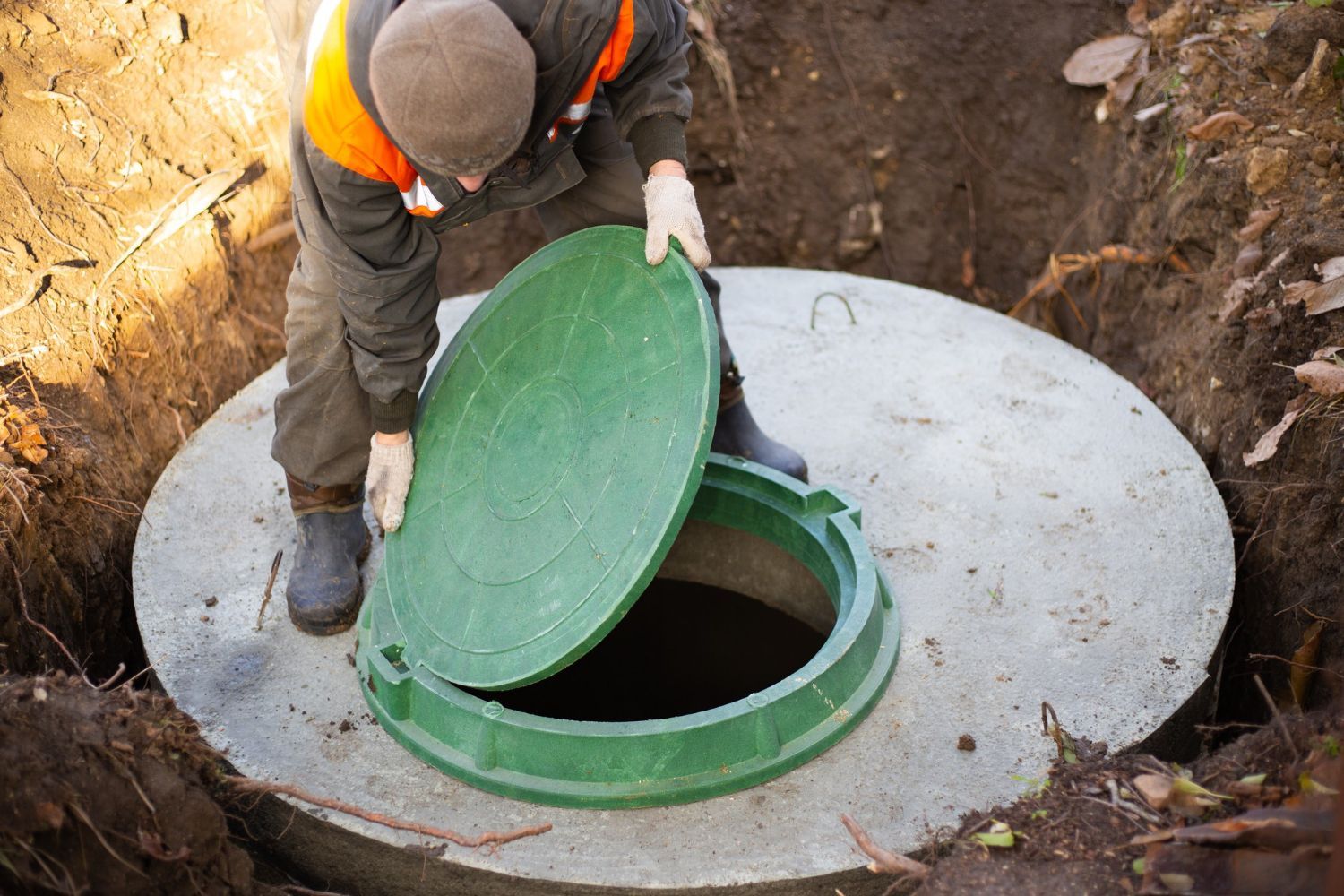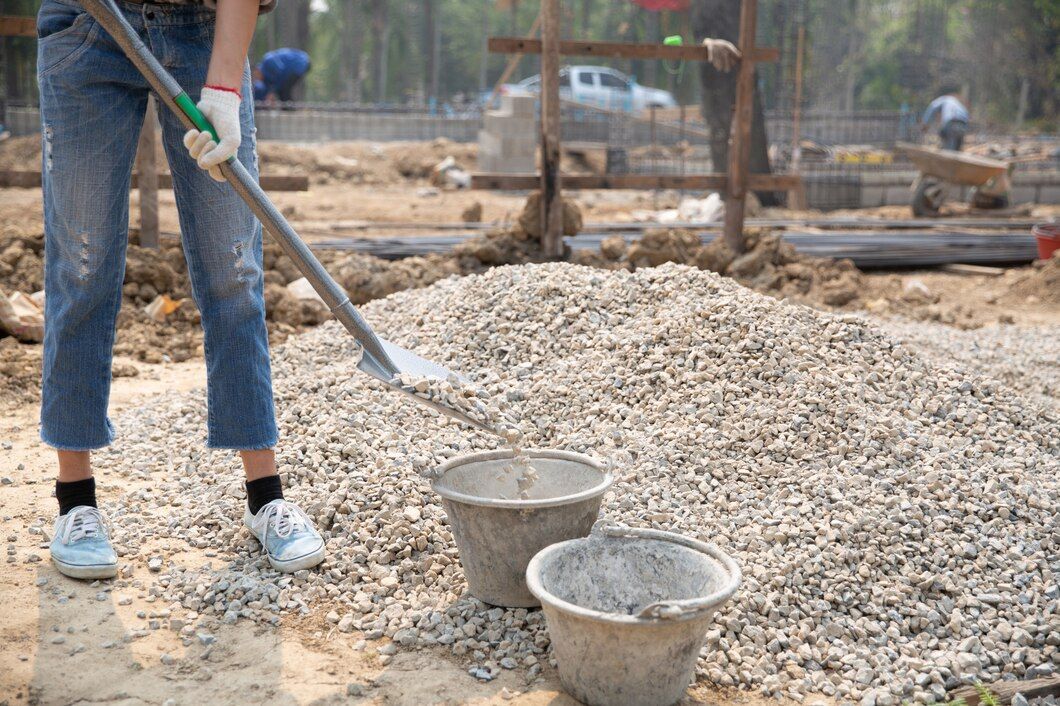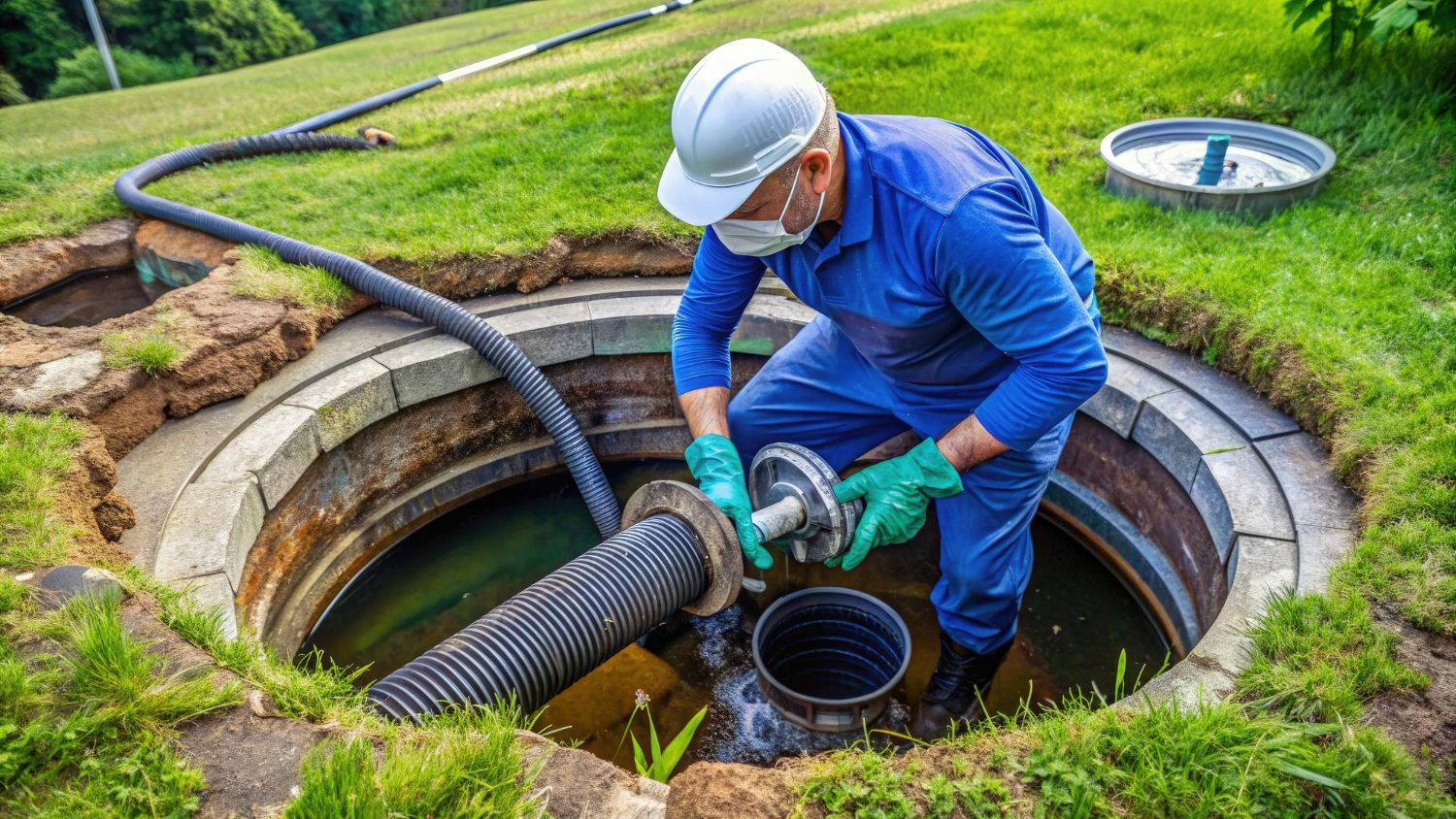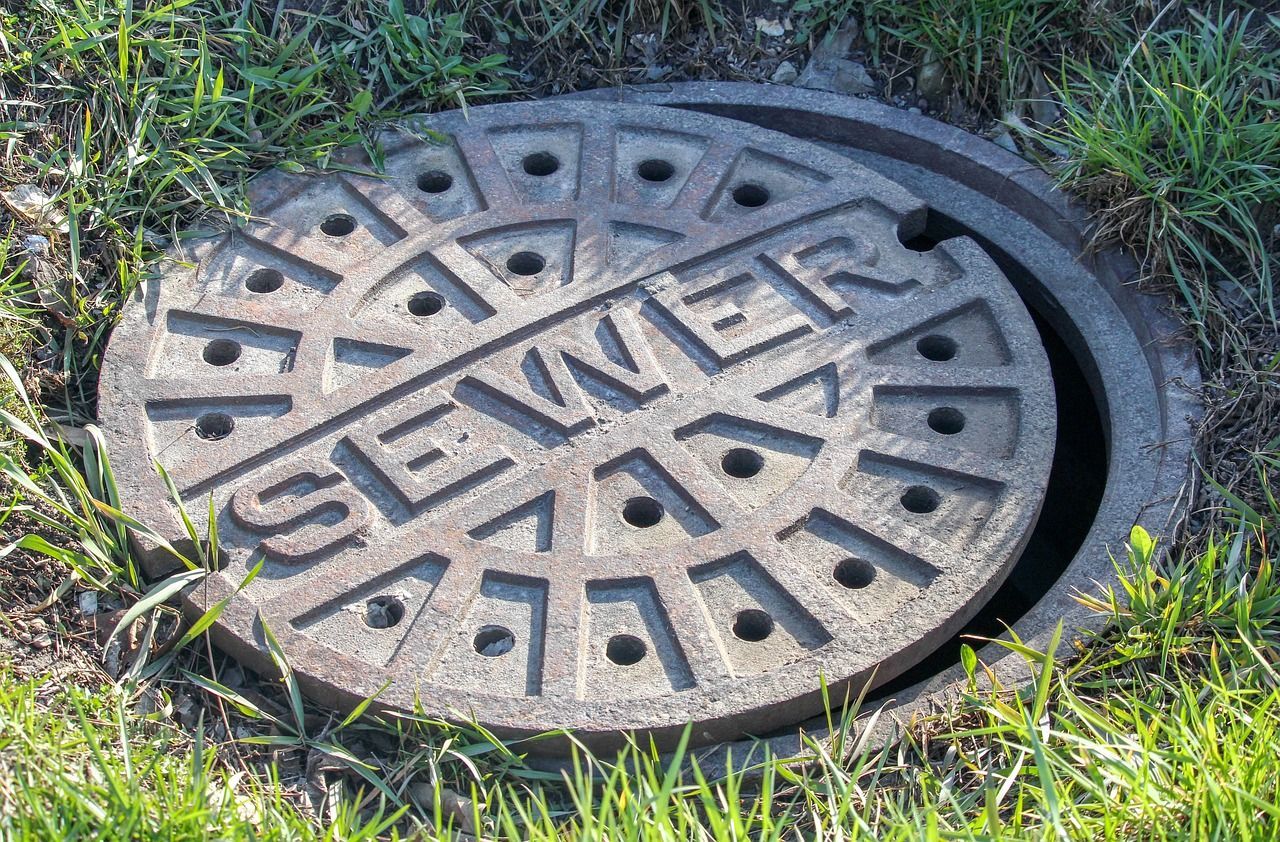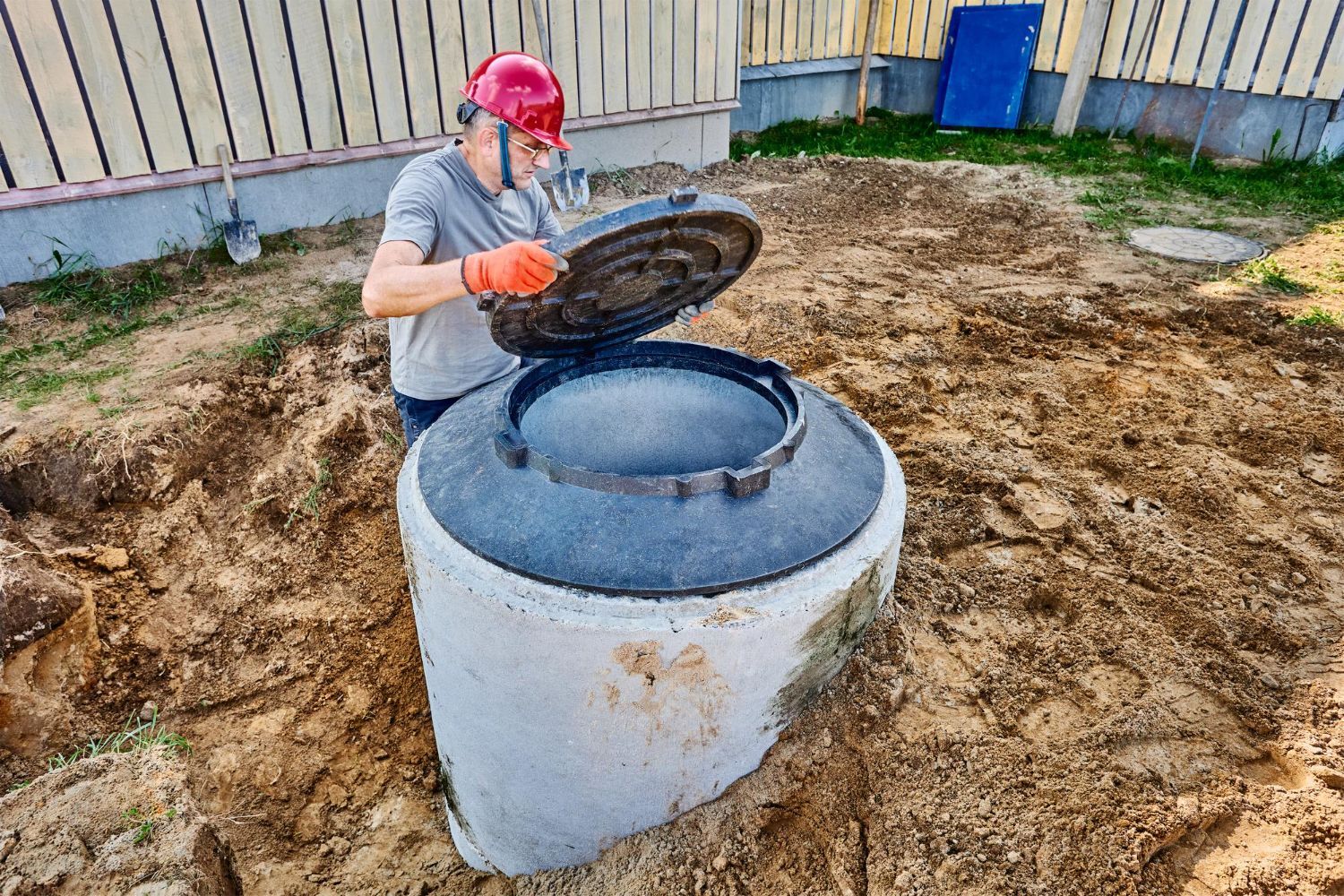Keeping Your Septic System in Shape: Tips for Effective Maintenance
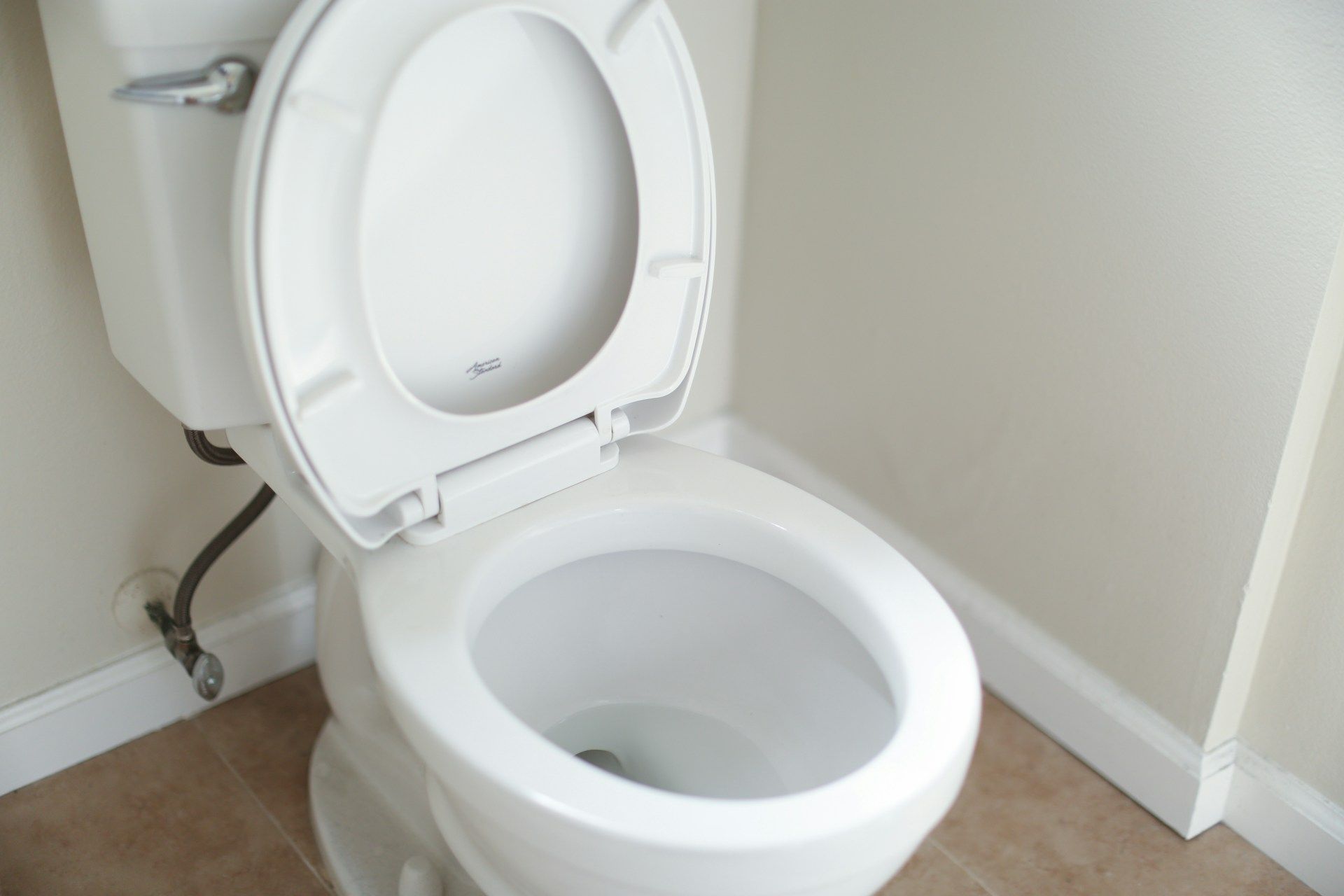
The maintenance and care of a septic system are crucial for the overall health and well-being of a residential or commercial property. A neglected system can lead to backups, unprecedented expenses, and potential health hazards. At Apollo Sewer & Plumbing, we value the importance of proper septic system care, and this blog aims to provide homeowners and businesses alike with valuable information and tips to ensure a fully functional and healthy septic system.
A properly-designed, well-maintained septic system is both dependable and efficient, but only if the owner invests time and effort in staying informed about septic system upkeep. When you know the basic dos and don'ts of septic system care, you can prevent many issues that could arise down the line.
We will cover topics ranging from the role of additives in your septic tank, recommended ways to conserve water, and household items that should never be flushed or drained into the septic system. We will also address valuable insights about landscaping around your septic tank and the significance of regular inspection, maintenance, and pumping of the tank.
With these tips and best practices, you can ensure the predictable performance of your septic system, secure a comfortable and sanitary living or working environment, avoid costly repairs, and meet local regulations.
The Role of Septic Tank Additives
Adding septic tank additives to your system is a topic of much debate among experts. Some believe that these additives, which contain organic materials, bacteria, or enzymes, can help break down solids and enhance the overall functionality of your septic tank. Others argue that these additives are not required for a well-functioning septic system and may even disrupt the natural biological balance within the tank.
The general consensus is that while additives might not be entirely harmful, they should not be relied upon as a substitute for proper septic tank care. Instead, regular maintenance and best practices should be adhered to for optimal results.
Conserve Water to Reduce Septic System Strain
One of the most critical factors impacting septic system efficiency is water usage. A high volume of water entering the system can strain its capacity to treat and disperse waste effectively. To conserve water and decrease the burden on your septic system, consider implementing the following measures:
- Installing low-flow fixtures, such as showerheads and faucets with aerators
- Using water-efficient appliances, like high-efficiency washing machines and dual-flush toilets
- Repairing leaks promptly, as even small leaks can add up to significant water loss over time
- Spreading out laundry loads evenly through the week rather than washing multiple loads in one day
By implementing these water-saving practices, you can not only lessen the impact on your septic system but also save on your water bill and contribute to environmental sustainability.
Avoid Flushing and Draining Inappropriate Items
Some items should never be flushed or drained into your septic system, as they can clog pipes, disrupt the balance of the system, or contaminate the environment. Stick to the golden rule: The only things that should go down your toilet are human waste and toilet paper.
Avoid flushing or draining any of the following:
- Sanitary products, such as tampons and pads
- Disposable wipes (even those labeled "flushable")
- Grease and cooking oil, which can solidify in the pipes and cause blockages
- Food scraps or coffee grounds, which belong in the trash or compost bin
- Harsh chemicals, such as paint, solvents, or excessive amounts of bleach, which can damage your septic system and contaminate the groundwater
When in doubt, it's best to err on the side of caution and dispose of items in the trash rather than risk causing harm to your septic system.
Landscape Smartly Around Your Septic System
The area surrounding your septic system is essential for adequate absorption and functionality. Follow these landscaping tips to help maintain a healthy septic system:
- Keep the area above your septic tank and drain field relatively clear, with only a well-maintained lawn or shallow-rooted native vegetation. Avoid planting trees or shrubs, as their roots can cause damage to the tank and pipes.
- Ensure that your drain field has proper grading to prevent ponding or excessive runoff, which can affect the absorption process.
- Do not drive or park heavy equipment or vehicles over your septic system, as this can compact the soil or damage the tank, pipes, and drain field.
By keeping a close eye on the landscape around your septic system, you can ensure its longevity and functionality for years to come.
A Healthy Septic System is Worth the Effort
Maintaining a healthy septic system might seem like a daunting task, but with the right knowledge and proactive measures, it is both manageable and essential. By following the tips outlined in this guide—understanding the role of additives, conserving water, avoiding inappropriate items in the system, and employing smart landscaping techniques—you can take significant steps toward ensuring a fully-functional and long-lasting septic system. Remember, ongoing maintenance and inspections play a crucial role in preventing issues and prolonging the life of your septic system, ultimately saving you money and contributing to a cleaner environment.
For trusted and dependable
septic system services, look no further than Apollo Sewer & Plumbing. Contact us today for expert advice and top-quality solutions tailored to your residential or commercial property needs.

